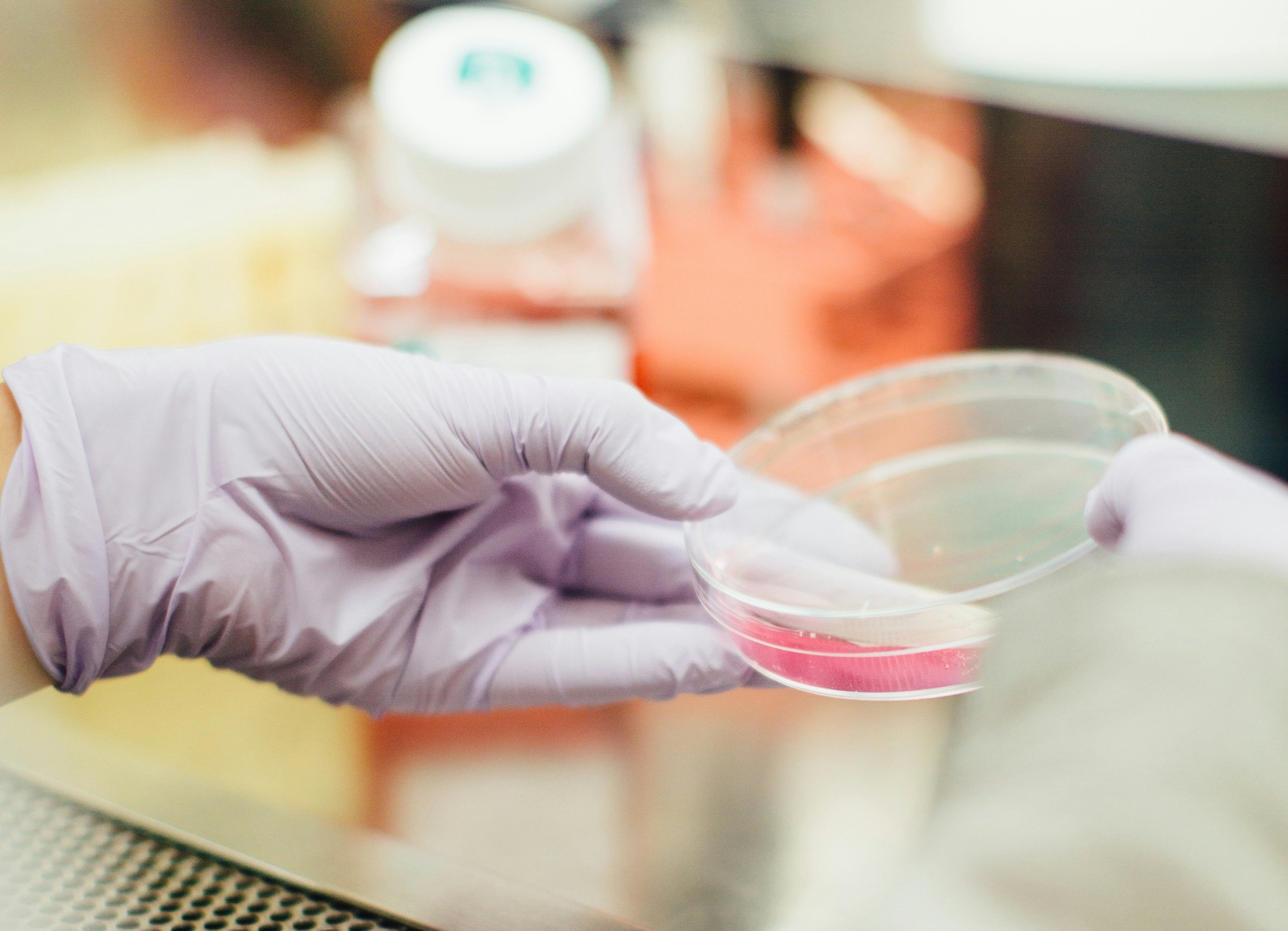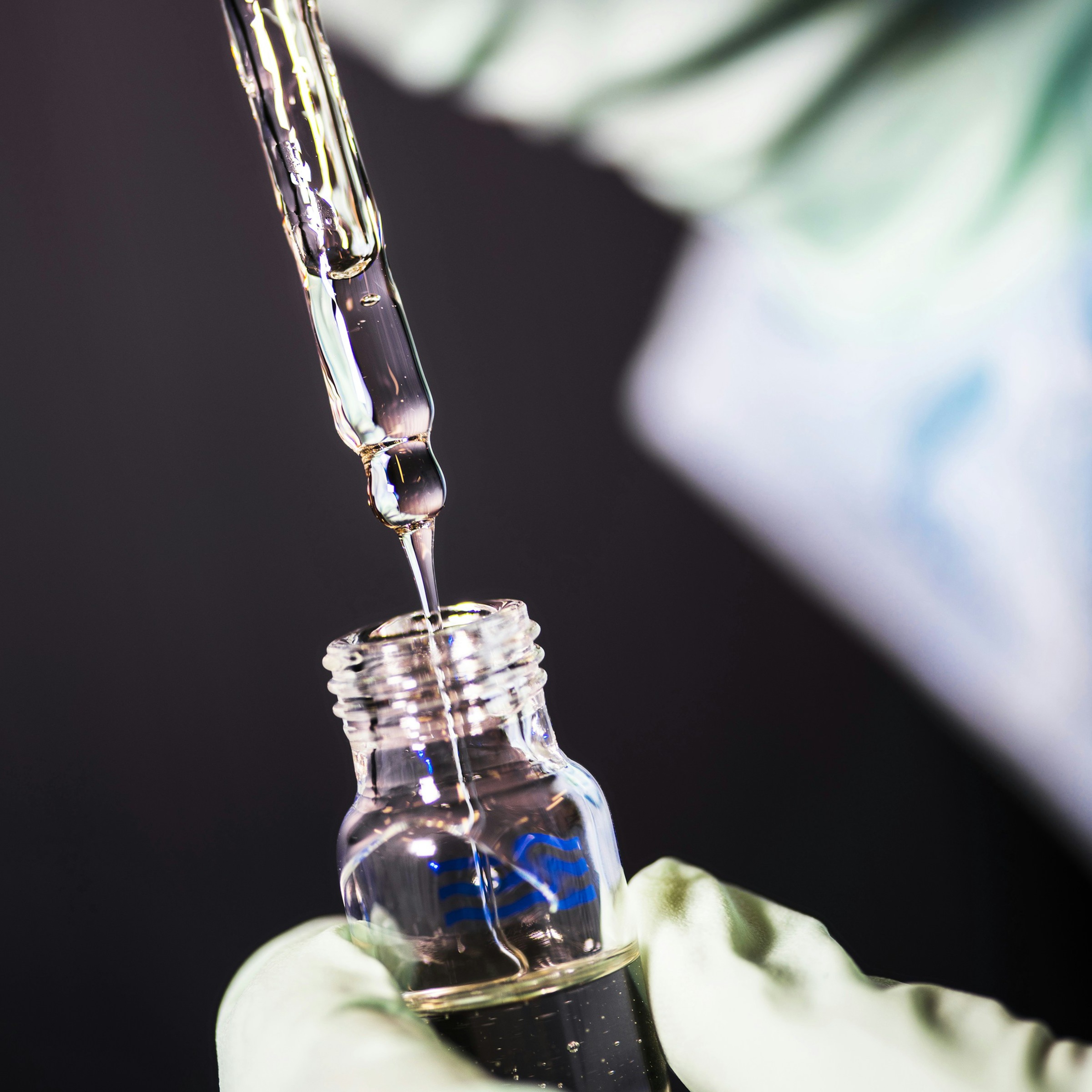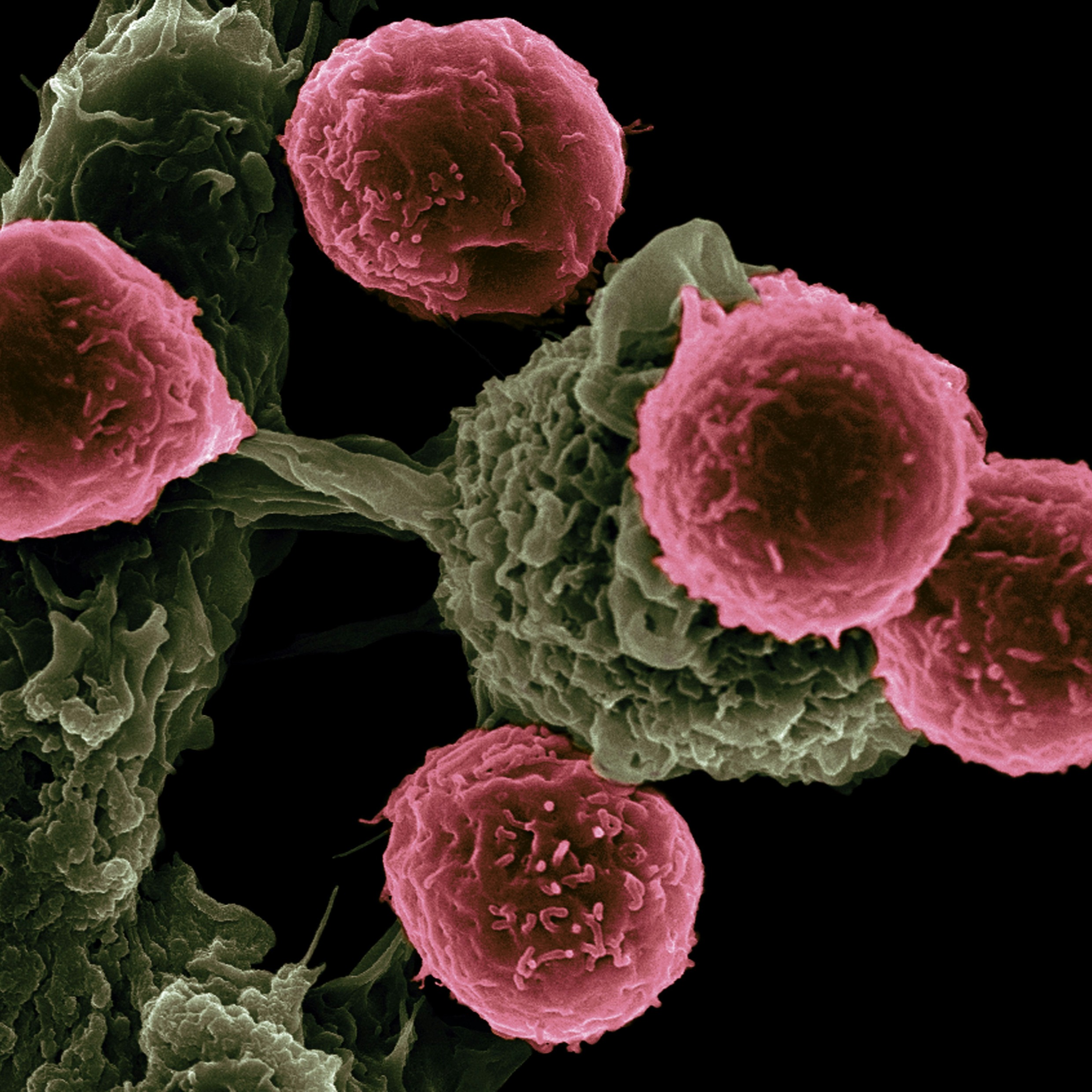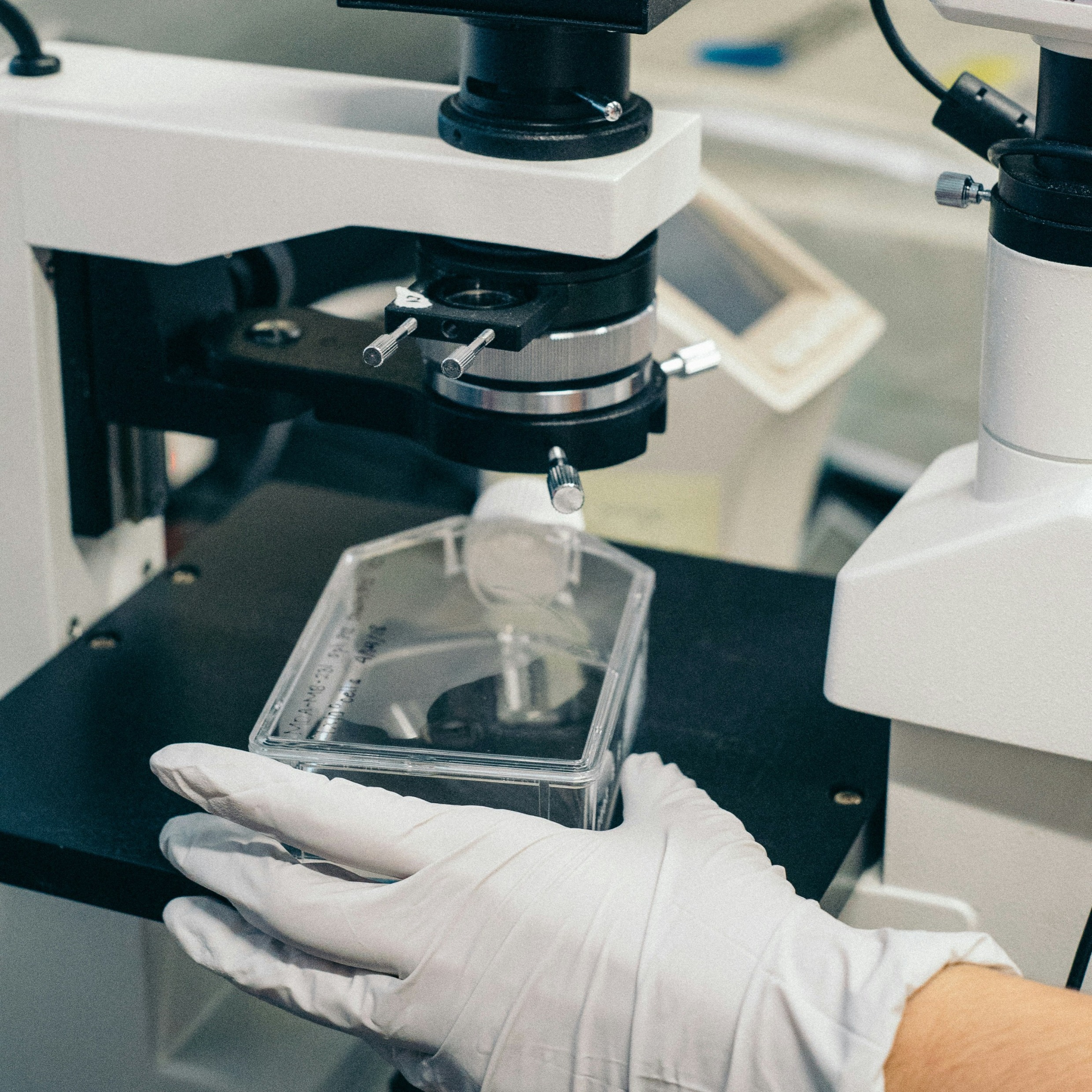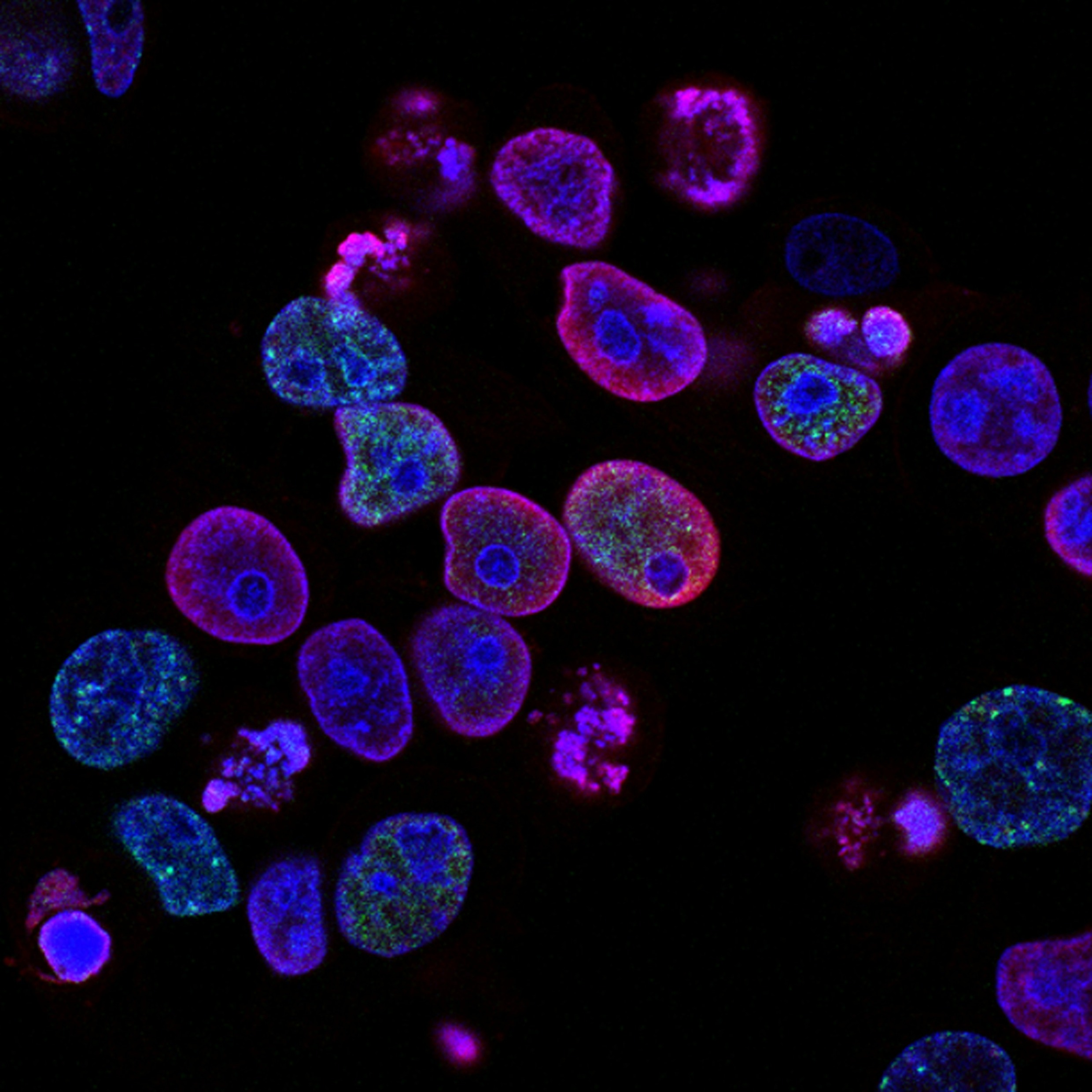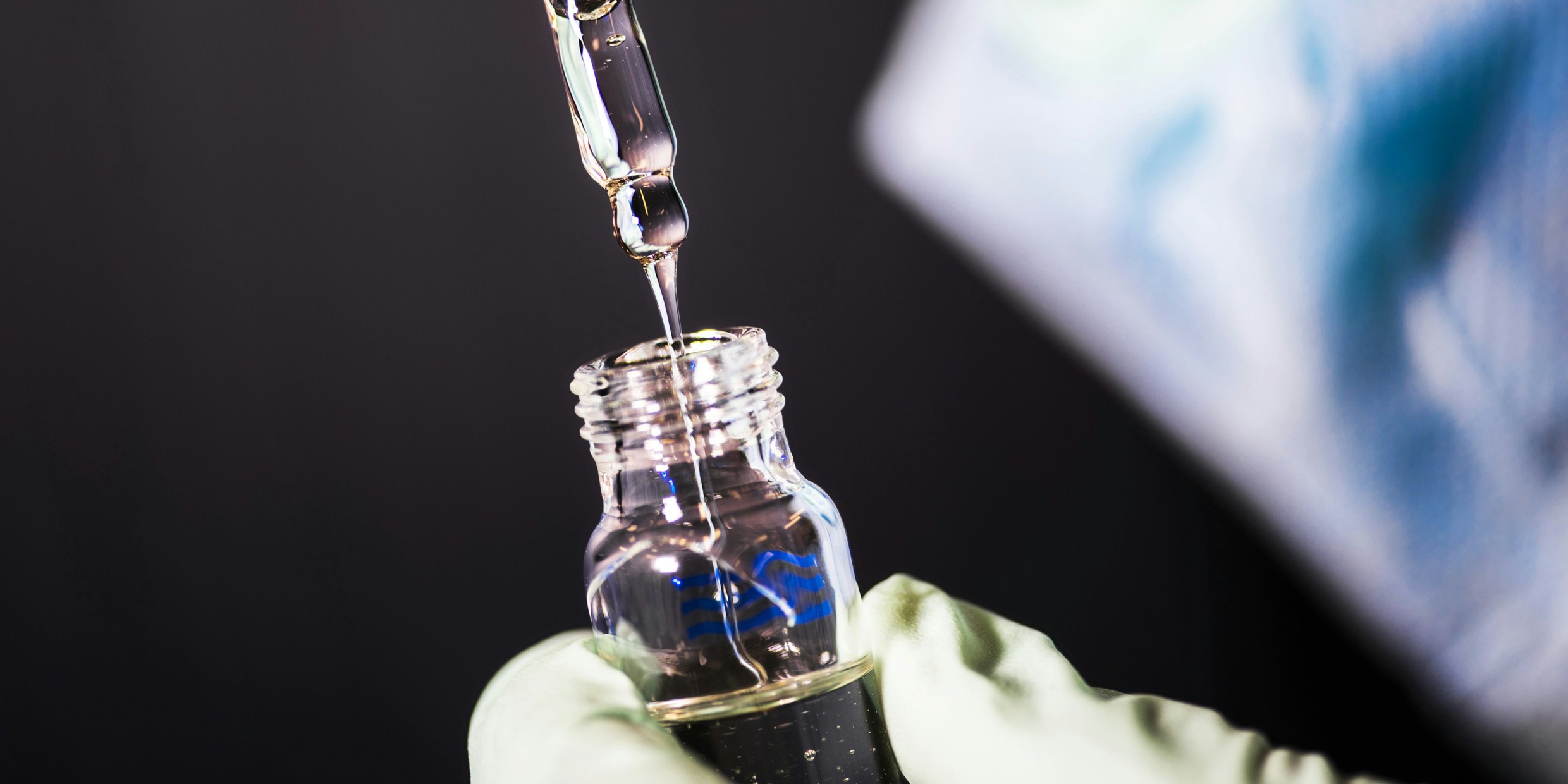Dedicated and passionate Biological Sciences student with a strong academic background and a keen interest in exploring the intricacies of life sciences.
Currently pursuing a Bachelor's degree in Biological Sciences from NTU, where I have honed my analytical skills and developed a deep understanding of various biological concepts. Proficient in conducting laboratory experiments, data analysis, and scientific research methodologies. Possessing a solid foundation in molecular biology, genetics, ecology, and physiology.
Adept at utilizing advanced laboratory equipment and techniques to conduct experiments and analyze results. Proven ability to collaborate effectively in team settings, as well as independently manage research projects.
Eager to contribute to the advancement of scientific knowledge and make meaningful contributions to the field of biological sciences through academic pursuits and research endeavors.
